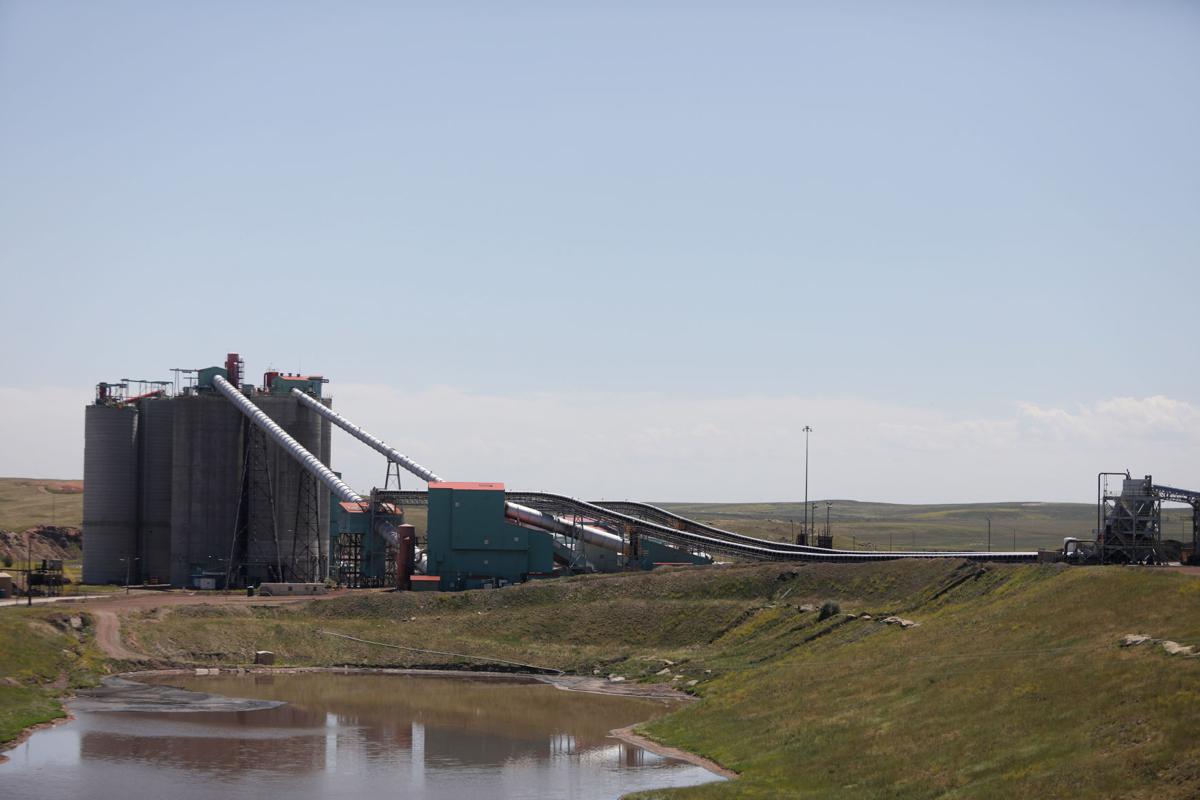Coal Firm Blackjewel Files Plan to Exit Bankruptcy, But Questions Remain

By Camille Erickson
October 1, 2020 - Bankrupt coal firm Blackjewel’s battle in federal court entered its final stretch last week when attorneys for the insolvent company presented a plan for exiting Chapter 11 bankruptcy. But the plan leaves many questions unanswered, including the status of unpaid debts, workers’ compensation and the future of several idle coal sites.
Blackjewel operated two Wyoming coal mines before it barreled into bankruptcy in the summer of 2019, leaving hundreds of miners out of work for months. Though the Eagle Butte and Belle Ayr mines have since come back online under new ownership, Blackjewel’s turbulent bankruptcy case has continued slogging through court. Several outstanding issues — from unclaimed mining permits to allegations of fraud and feuds over multiple debts — have prevented the debtors from formally closing the case.
When the company petitioned for Chapter 11 bankruptcy in 2019, it did so with a mountain of debt owed to multiple levels of government, not to mention myriad outstanding promises to workers, suppliers, banks and other companies it did business with.

Belle Ayr Mine is pictured in July 2019 south of Gillette. The mine's former owner, Blackjewel, filed a plan to exit bankruptcy with a federal court Friday.
Photo: Cayla Nimmo, Star-Tribune
Some of these disputes have been sorted out over the past 15 months, but the majority hinge on the outcome of Blackjewel’s exit plan. A bankrupt company must have a formal exist plan outlining how the firm will settle creditors’ claims and tie up other lose ends.
But Blackjewel’s proposed plan has left many involved parties puzzled, with several wondering how much money will even be available to distribute to the hundreds of creditors Blackjewel owes.
“My sense is that there will be very little cash,” Joshua Macey, a University of Chicago law professor, said of the potential funding available to settle creditors’ claims at the end of the bankruptcy. “But it’s really hard to know at this time.”
Though attorneys for the debtor held sales for Blackjewel’s 32 coal mines across the country last summer, the winning bids were limited and some mines didn’t sell. According to the proposed plan filed in court on Friday, a trustee will attempt once again to sell the remaining mines. But investors’ waning appetite for coal, due in part to depressed market conditions and steep environmental liabilities that can come with them, could repel potential buyers.
That said, ongoing litigation over former Blackjewel CEO Jeffrey Hoops’ alleged fraudulent activities could eventually bring in some cash for the debtor’s estate. But the returns from these efforts remain uncertain.
“This is a company that hasn’t made money in over a year now,” said Shannon Anderson, an attorney for the Powder River Basin Resource Council who has been closely following the case. “It’s not like they’re getting more money; in fact they’re losing it every day that lawyers and other financial advisers get paid off the bankruptcy estate. It’s just a mess.”

